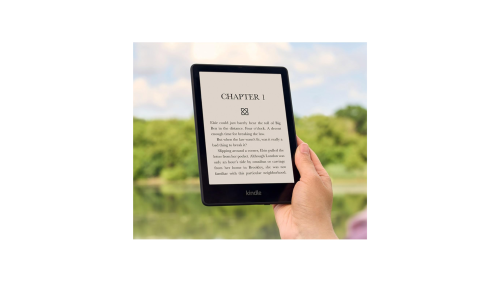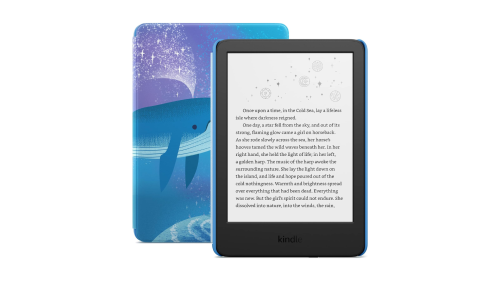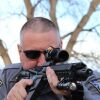Since the average police officer’s budget often comes down to pennies, what expenditures of our personal funds are truly worth the investment? Here’s my list:
1. Rugged smartphone case
OK, so it’s not actually NIJ-rated, but tough enough to handle the rigors of the job while protecting the phone from impacts, dust and water. Officers today use smartphones for much more than calling each other to plan a lunch break. Many departments use software for tracking officers’ positions, silent dispatch and messaging, which can be accessed through smartphone apps. That makes us and our partners safer. Protect the device as well as it protects you.
- Camera cover protects camera lens from scratches and works as a kickstand
- Case exceeds military specifications for shock resistance and pass the 20-foot drop test
- Made of multi-layered TPU and polycarbonate materials
- Built-in suction magnet with 18N powerful magnetic force
2. Books
Your department cannot and will not educate and train you enough. It’s not possible. The only way to become truly knowledgeable and competent is to absorb as much information as possible. Books are the most cost-effective way to do that.
These are the books I recommend to everyone (there are so many others but I believe these are the staples every officer should read):
3. Own-time, own-dime training
The best thing I ever did for my firearms skills was to attend a Rangemaster Training Services class with Tom Givens. I took Tom’s Instructor Development class with the intent to immediately begin teaching handgun license courses for the state. I knew I could do a better job than most who were teaching the classes. That was, until, I actually took the class. I saw what “better” looks like and I found out that I wasn’t there.
Don’t get me wrong, I did pretty well in the class, but was not even in the top three of the best shooters among the 20 or so folks who attended. If I recall correctly, all of the students who outshot me were not law enforcement. Pain and humiliation are our greatest mentors.
Are you ready to master precision and speed? Watch our video to see the Clock Drill in action and learn step-by-step how to incorporate it into your training. Whether you aim to sharpen your aim or accelerate your reaction times, the Clock Drill is your go-to technique.
4. Eye protection
A good pair of sunglasses is a must even if you work only the night shift. When I was working nights for about a year, I got called in at 1700 during an Oklahoma summer. The sun was unbearable that evening. Then, due to a staffing shortage, I ended up having to hold over and transport a prisoner across the state that next morning. Our easterly trip back in the early morning was quite the challenge. That cheap pair of gas station sunglasses I’d thrown in the glove compartment a few years early came in handy that day.
It’s also a good idea to keep a cheap pair of clear shooting glasses in the car for gun calls. There have been a few documented cases of officers saved by their sunglasses after being hit in the face with birdshot or bullet fragments.
Shielding your eyes is more than just a style statement—it’s a crucial part of your safety gear on duty. Here’s why every officer should consider quality sunglasses a must-have:
5. Water ... a lot of it
I keep one of those metal gallon jugs of water in my car at all times. Occasionally, I crack open my wallet and spend 100 pennies to refill it with a fresh gallon of drinking water from the local convenience store. The worst thing you can be in a crisis is thirsty or dehydrated.
- Features copper plated triple all vacuum insulation
- Keeps drinks icy cold for up to 48 hours
- Full seal leak-proof straw lid with paracord handle
6. Snack box
When will that call come in that will keep you occupied for the next several hours? At the worst possible time, of course. Having some food at the ready that is not temperature-sensitive is a good thing. I suggest a big container of peanuts and beef jerky in an insulated soft cooler.
- Made with 100% beef and easy to chew
- Meat snacks require no refrigeration
- Buy in bulk for a great way to get protein
- Contains 6 packs of salted cashews, 15 packs of salted peanuts and 15 packs of honey roasted peanuts
- Kosher-certified peanuts and cashews
- Individual snack packs are convenient and portable for snacking on the go
- 32-liter cooler can hold up to 48 cans
- 100% leakproof PEVA lining
- Made from Oxford fabric with a waterproof coating
- Includes a shoulder strap, handle and two-person lift
7. Hobbies
It doesn’t matter what that hobby is. It could be hiking, drones, metal detecting, building ships in a bottle (is that still a thing?), amateur radio, reading, running, etc. I took up metal detecting a few years ago. I found an old horse or mule shoe on some farmland. It was both exciting and relaxing. I enjoy the hobby because it takes just enough of my attention that I can’t obsess about work but not so much that it causes undue brain strain. It doesn’t matter what you choose. Anything that takes your mind away from work and gives you some peace is perfect.
NEXT: Discover how hobbies can significantly reduce stress and boost your mental and physical wellbeing. From woodworking to workouts, find your escape and enhance your life! Watch the video below to learn more about the surprising benefits.
This article, originally published on January 19, 2021, has been updated.























